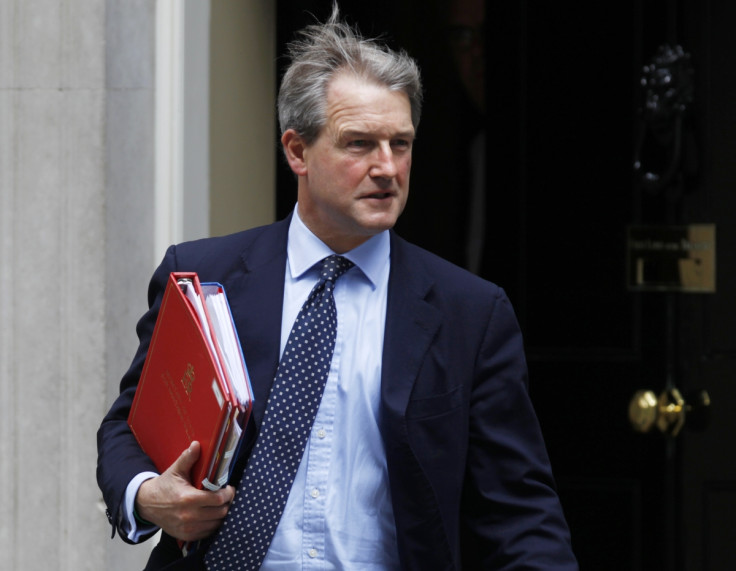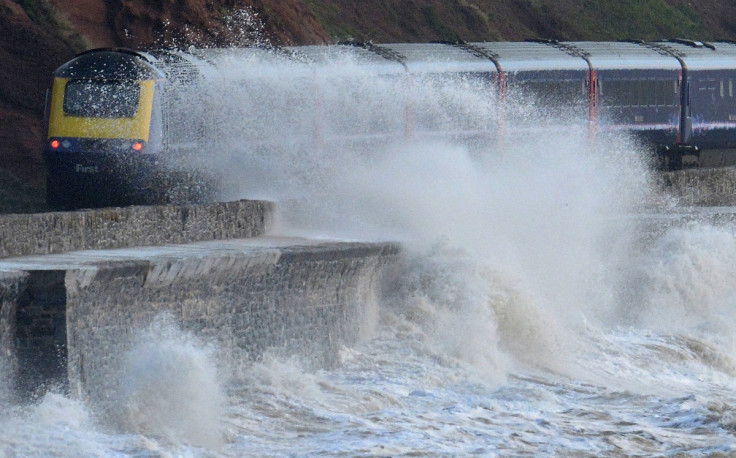Owen Paterson: We're Spending More on Flood Defences
Environment secretary gets off lightly over flood defence cuts as he updates MPs on storms fallout

The "minister for floods", Owen Paterson, did not need the services of air-sea rescue to winch him out of the Commons when he updated MPs on the fallout from the storms battering the UK.
The environment secretary knew he was the man in the firing line for the mismanaged planning of UK flood defences so he turned up to the Commons chamber figuratively decked out in a buoyancy jacket and carrying rescue flares. But he didn't really need them.
Paterson faced predictable attacks over claimed government cuts to flood defences and environmental protection agencies.
He had some powerful flood defences of his own ready, in the shape of figures "proving" that the government was spending more on defences than any previous government, albeit with the caveat "in this spending round".
Labour's Maria Eagle pointed out this actually meant £100m less by the end of this parliament than under the last Labour government.
But the real test of whether or not Paterson was in trouble was not the strength of the attacks in the chamber, but the number of MPs present – about 60 at one estimate. In other words, a long way away from crisis level.
When MPs smell blood the chamber is packed. Some – even those normally counted as "friends" – turn up with sharpened daggers ready to plunge into the back of the floundering minister, fearing for their own hopes of re-election. Which proves in politics there are no friends, only colleagues.
Others turn up to rally behind the scapegoated minister who, surely, could not be blamed for whatever particular screw up has happened on their watch.
And yet more turn up for the sheer delight and entertainment of watching the spectacle.

There was little of that awaiting Paterson and the Commons seemed more interested in probing him over exactly where things had gone awry – holiday-long power cuts, for example – and discovering what action he was planning to take to deal with it.
And this was not just another case of a minister trying to explain away the wrong sort of snow or leaves on the line or some other farcical weather-related event.
Paterson said the storms had caused seven deaths and the flooding of 1,700 homes, and had required the Thames barrier to be raised nine times to protect £200bn worth of property in the capital.
Eagle joined him in expressing sympathy for those affected also asking whether his own "scepticism about climate science" had anything to do with cuts to the vital services.
Paterson dodged that one in favour of attacking Labour's economic record for making cuts necessary in the first place.
But there were plenty ready to praise him for the way he had responded to the event, certainly enough the ensure that, on this occasion at least, the Commons' lifeboat crews were not scrambled.
© Copyright IBTimes 2024. All rights reserved.






